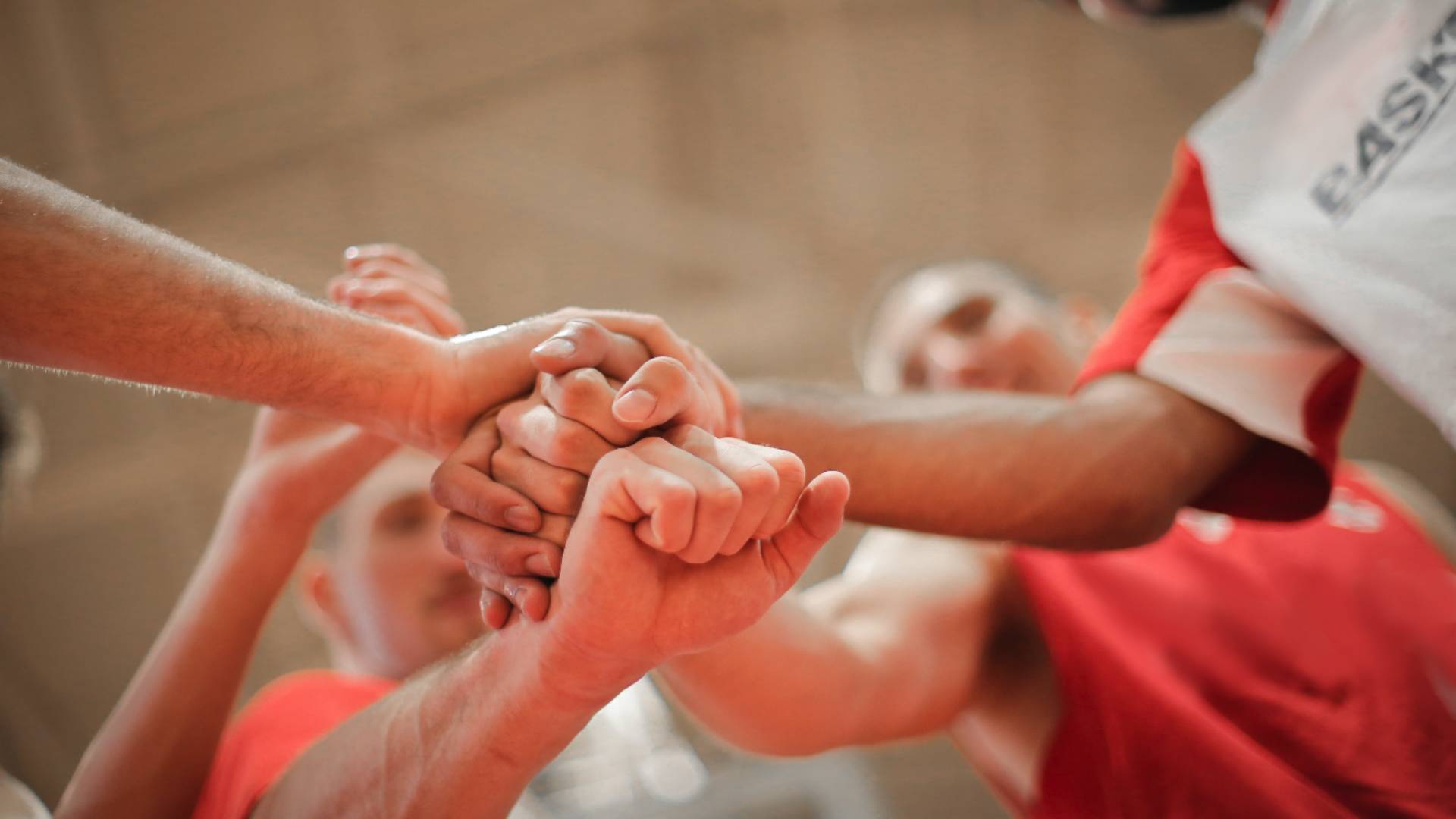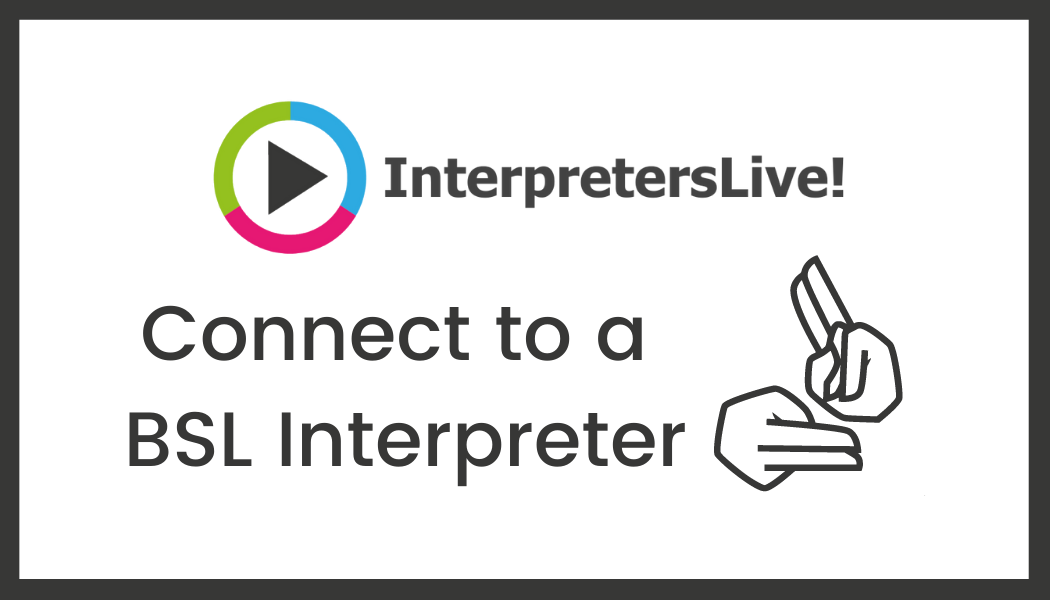
Anyone keeping up with the latest Olympics news is likely aware that BBC presenter Alex Scott MBE was thrown into the spotlight after receiving criticism from former minister Lord Digby Jones. The complaint wasn’t about Scott’s knowledge, level of professionalism or passion for sport, but that she drops her ‘g’s.
The crossbench peer who served as a trade minister under Gordon Brown took a swipe at Scott on Twitter with the words: “Enough! I can’t stand it anymore! Alex Scott spoils a good presentational job on the BBC Olympics Team with her very noticeable inability to pronounce her ‘g’s at the end of a word. Competitors are NOT taking part, Alex, in the fencin, rowin, boxin, kayakin, weightliftin & swimmin.”
Scott, who made 140 appearances for the England women’s team and represented Team GB at the 2012 Olympics, was quick to respond: “I’m from a working-class family in east London, Poplar, Tower Hamlets and I am PROUD. Proud of the young girl who overcame obstacles, and proud of my accent! It’s me, it’s my journey, my grit.”
Many public figures were vocal in their support of Scott, with Stephen Fry tweeting at Jones: “You are everything linguists and true lovers of language despise.”
The exchange confirmed that discrimination towards social class remains alive and well and highlighted an area of diversity that is often overlooked.
Social mobility
In an article for Harvard Business Review, Professor of Business at Columbia Business School, Paul Ingram, measures social class along several dimensions: “Family income during early years, parents’ level of education, and parents’ occupations.”
In the same article, Ingram shares research from a recent study stating that US workers from lower social-class backgrounds are 32% less likely to become leaders than people from higher origins. This disadvantage is greater than that experienced by women compared with men (27%) or black compared with white (25%).
According to the latest Social Mobility Commission's State of the Nation report, in the UK, you are still 60% more likely to be in a professional job if you were from a privileged background rather than a working-class background. There is a substantial class pay gap, too, with the Sutton Report revealing that employees from working-class backgrounds earn on average £6,400 less per year than their colleagues from privileged families. It was also reported that it could take a child from a low-income family five generations to reach the national average income of approximately £27,000.
A significant problem is that socio-economic factors are not a protected characteristic under the Equality Act, despite ongoing calls from The Social Mobility Commission to change this. It means that it’s solely up to employers whether they choose to take action or not.
What’s stopping them?
Achieving equality when it comes to gender and race takes priority and for good reason, given the far-reaching inequalities, lack of opportunities and pay gaps that have persisted for decades. With focus on gender and race, socio-economic parity takes a backseat in many organisations, even those with seemingly robust diversity, inclusion and equity (DIE) strategies.
There’s also the matter of measurement. Employers looking to achieve greater gender and race equality can set targets and track their progress. They can also be held to account by anyone on the outside looking in. However, when it comes to socio-economic diversity, many are unclear how the issue can be tactfully tackled, the questions that need to be asked, what goals will look like and the criteria against which they can be measured.
In our next blog, we explore some of the practical steps that sports organisations can take to effectively measure socio-economic diversity, change their culture, and tips on developing and progressing all employees, regardless of background, to leadership positions.
Your partner in action
The future of sport is driven by difference; closing the gaps around gender, race, disability, neurodiversity, and sexual orientation to ensure opportunity and social mobility for all. Here at level=, it’s our mission to help every sports organisation, regardless of size or scope, bring diversity and inclusion to their leadership and broader teams.
Whether you are building greater equity within your organisation or looking to take the next step in your career in sport, our team is committed to working with you to offer the skills, services and access to a globally diverse and level field of possibility.
Connect with us on 020 8392 9959 or email hello@levelequals.com.




